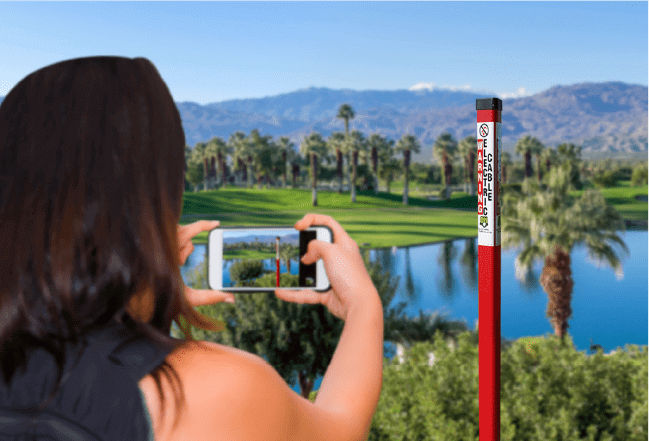Trident’s Senior Vice President of Business Development, Chris Thome, sits down for a Q&A regarding the Build America, Buy America Act and what if means for infrastructure projects in the United States.
What is BABAA?
00:00-01:07
“There’s a ton of funding that is going out for infrastructure in the US. As many things go in Washington, it does take some time to actually get the money out into the industry. But everyone is going to be affected by the IIJA. You’ve got folks that are working on ROWs and bridges and, and highway projects.
You’ve got, water and wastewater treatment facilities, you’ve got communications facilities,electric transmission and distribution and generations facilities. And you even have, a number of folks that are going to be working in the public gas sector that are going to be impacted by the infrastructure boom.
But the big thing is how are we going to, prepare for when the funding is actually going to hit? And what do our distributors and our end user customers need to know before they can even get any of these funds, and how they can actually apply the funds to the projects that they’re working on.”
What determines if a project qualifies to receive federal funding?
01:08-04:11
“So to be compliant, one of the things that’s written into the infrastructure bill is a thing called BABAA, and that’s by America Build America Act. BABAA is similar to when we had our last infrastructure bill, when it was just a Buy American bill.
But this is far more encompassing than the initial act was, and it includes every dollar that is funded by a federal agency, to any project in the United States of America. So while it does absolutely impact everything that’s going through IIJA, it also impacts anything else that’s receiving federal funding.
If you get 10% funding, if you get 50% funding, if you get ANY money from the federal government to complete your project, it needs to be compliant with BABAA. What BABAA does is it breaks out the construction components into pieces and parts.
There’s three main categories that are addressed in the act. The first category is steel and iron. 100% of all steel and iron that is used on any of these projects needs to be American steel and American iron. The next category that they address is construction materials.
Construction materials does raise a number of different questions. What is included in construction materials? On the surface you think of things like concrete or asphalt or plywood, things that are just going to automatically be used during the construction of theproject. That stuff is relatively easy to define, but when you start to get to the edges of that, does a, you know, a bridge component that gets used, to build a a bridge, is that con considered a construction material? Is that considered a manufactured product? It can be difficult and as of right now, the agency that is kind of set forth to provide us with the clear definitions on how each of these goes is the Office of Management and Budget.
The third category of products, they are manufactured products. And those are items that consist of two or more of a laundry list of items. Everything from steel to copper, uh, to zinc to, resins, plastics, colorant, foils, a number of different things that can go into making a product.
Anytime you have to have a number of different components that go into the product, they are setting aside, a space so that every single item on that list doesn’t necessarily need to be manufactured in the United States for the components, but it’s the manufacturing PROCESS that they’re currently giving guidance that say should happen in the United States.”
What Trident Products are BABAA compliant?
04:12-06:20
“Depending on how you read the law, which is the tricky part with a lot of these things coming out of Washington, unfortunately.
But with the guidance that we have today, we can say with 100% confidence that, the marking posts are going to be 100% BABAA compliant. We can say that the domestically produced marking tapes, underground marking tape, barricade tape that we produce in both Sherman (Texas) and in Chicago (Illinois) are going to be a hundred percent compliant. We can say that the copper wire that we provide is going to be compliant. We can say, that the markers, signs, tags, labels, are going to be compliant.
Where we run into a tricky situation is how they define the “manufacturing process”, because there may be some components that may be finished or that may be started, and only because there isn’t a domestic supplier available, we would be in question and we wouldn’t feel confident enough to provide, a 100% compliant rating to.
And the reason that it’s so important for us to be a hundred percent confident in that is because the remedy, for if you install any kind of product that’s not a hundred percent compliant, is it all has to be taken out of the ground. And that would be a tremendous cost to any contractor, engineering firm, you know, facility operator, that we would never want to stick our neck out.
So the only thing that will ever put that full stamp of approval is when we know, for the rule to date, we are 100% compliant. But as with a lot of different bills, there’s a lot of different ways to interpret it. So we’re, we’re trying to take the cautious side of that to make sure that we are protecting our customers.”
Click here to see our BABA Compliant Products.






